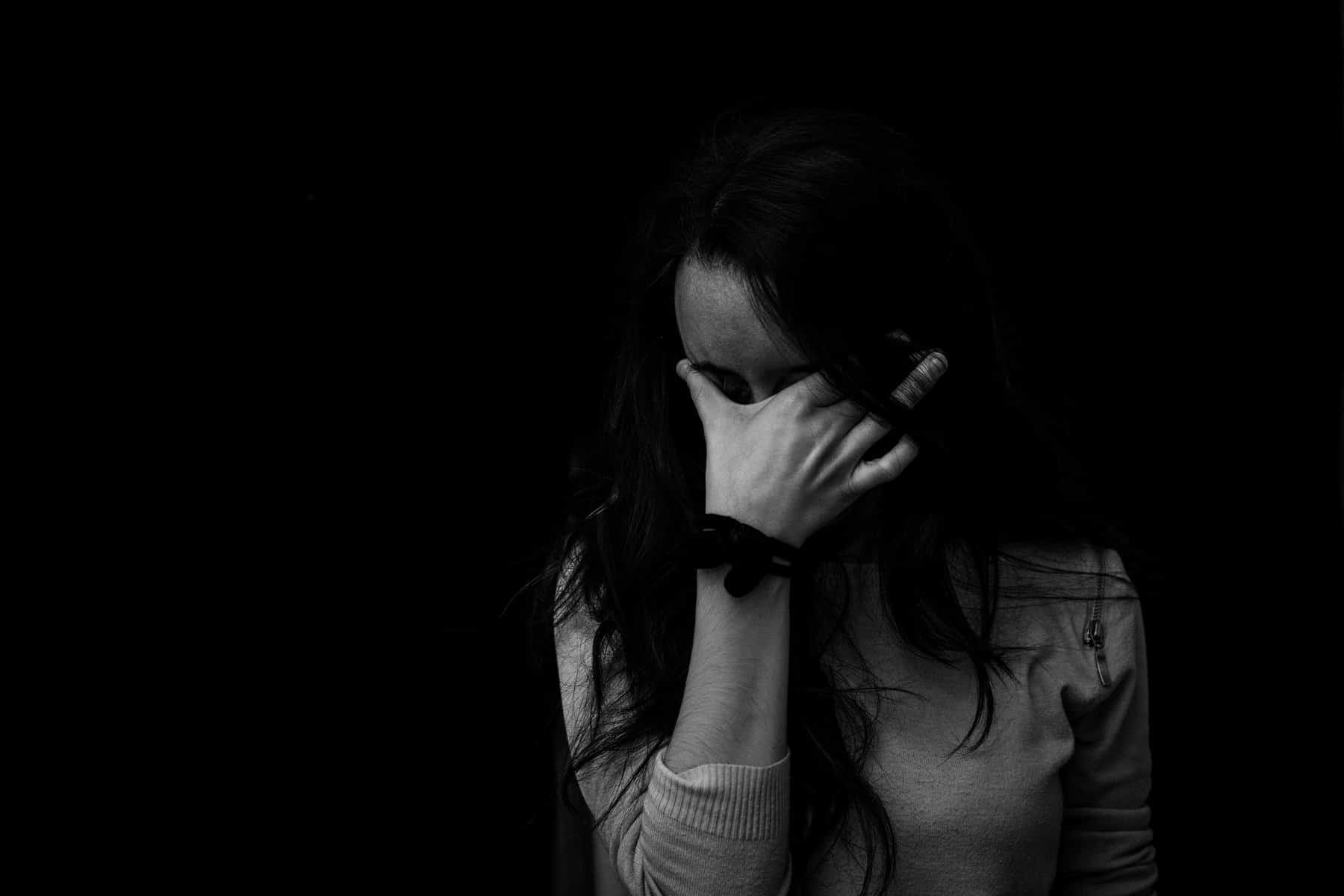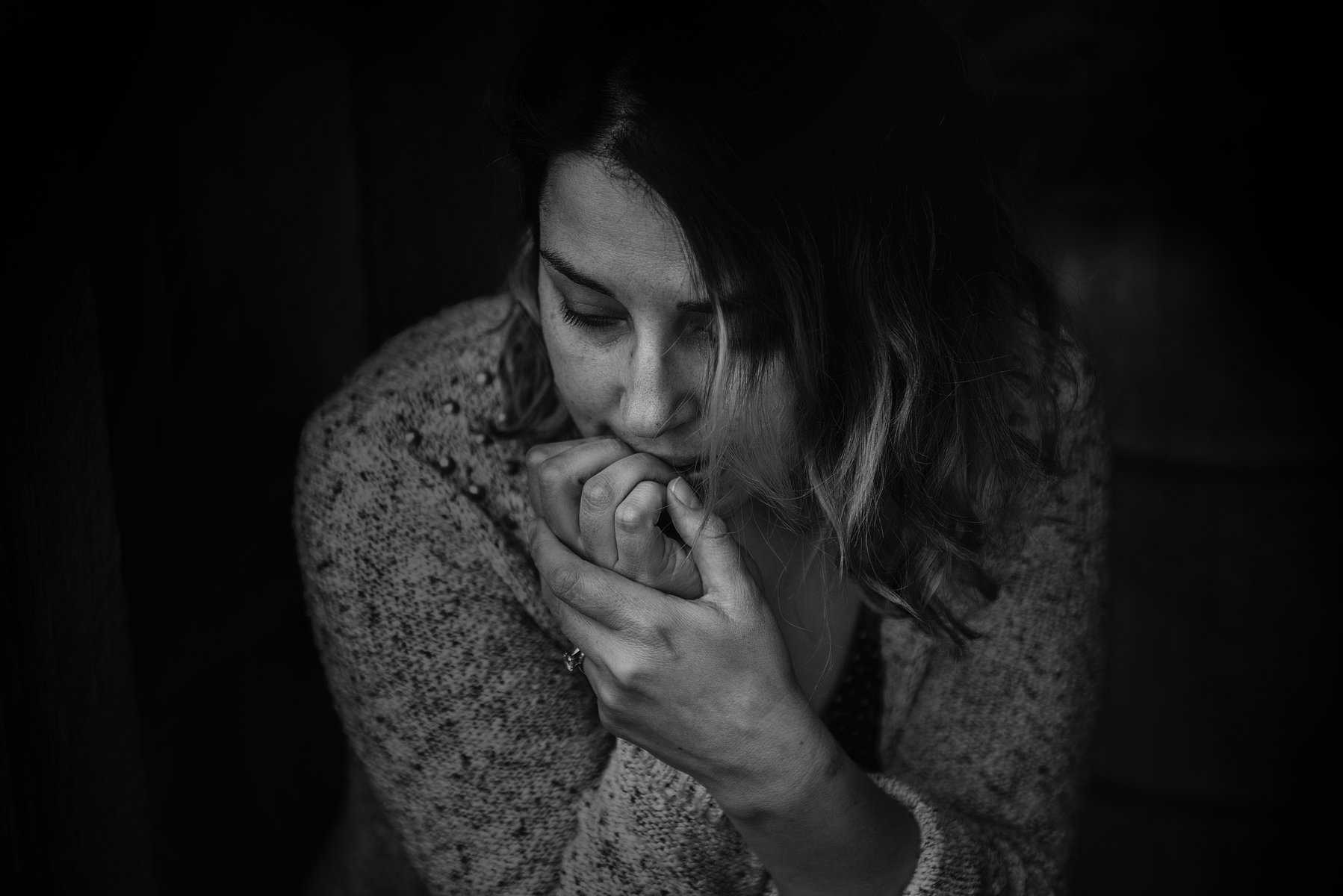Nocturnal Panic Attacks: What Causes Them and How To Cope
Nocturnal panic attacks are panic attacks that occur at night. Did you know that one in four people will suffer from a panic attack at some point in their lives? And that panic attacks can occur at any time, including during the night? If you are one of the many people who experience nocturnal panic attacks, read on for information about what causes them and how to cope.
Learn more: What Are Anxiety Disorders?
What Are Nocturnal Panic Attacks
Nocturnal panic attacks (panic attacks at night) are episodes of intense fear and anxiety that occur during the night. As with all panic attacks, nocturnal panic attacks come on suddenly and can be very frightening.
What Are the Symptoms of Nocturnal Panic Attacks
The symptoms of nocturnal panic attacks can include rapid or irregular heart rate, sweating, trembling or shaking, shortness of breath, dizziness or lightheadedness, nausea or stomachache, feeling unreal or detached from oneself, fear of the unknown, and fear of dying.

What Causes Nocturnal Panic Attacks
Nocturnal panic attacks can occur due to a variety of causes, including stress, trauma, and physical health issues. It is important to note that nocturnal panic attacks are no different than daytime panic attacks. They have the same symptoms and can be just as intense.
How To Cope With Nocturnal Panic Attacks
One of the most important things to remember when dealing with nocturnal panic attacks is to focus on breathing. Slow, deep breaths can help reduce the intensity of a nocturnal panic attack and allow you to regain some sense of control.
When working with clients suffering from panic attacks, one of the first techniques I teach them is called “balloon breathing.” I found this YouTube video that does a good job of describing and illustrating the technique. The video is aimed at children but gets the message across.
Other coping strategies include grounding yourself in your environment, recognizing that the feelings are temporary, engaging in relaxation activities such as yoga or meditation, drinking some water and splashing some water on your face, getting some fresh air and going for a walk outside to remove yourself from the anxiety-triggering environment, and eventually talking to a therapist or counselor who can help you manage and cope with nocturnal panic attacks. An evaluation may determine if you meet criteria for a DSM-5 diagnosis of panic disorder and they may also refer you to a psychiatrist for possible medication treatment if they feel it is necessary.
Nocturnal panic attacks can be a frightening experience, but they do not have to control your life. With the right support and strategies, you can learn how to manage nocturnal panic attack symptoms and take back control of your life.
When To Seek Professional Help for Nocturnal Panic Attacks
If nocturnal panic attacks become frequent or seem to be worsening, it is important to seek professional help. A therapist or counselor can provide the support and guidance needed to manage nocturnal panic attack symptoms and help you find a path toward recovery. In addition, medication may be recommended as a short-term solution to nocturnal panic attacks.
Nocturnal panic attacks can be an incredibly difficult experience, but you are not alone. With the right support and strategies, nocturnal panic attack symptoms can be managed and you can learn how to take back control of your life.

Conclusion
Nocturnal panic attacks can be very frightening and disruptive to your life, but there are steps you can take to reduce the frequency of these episodes. By understanding the symptoms of nocturnal panic attacks and getting appropriate treatment from a mental health professional, you can manage or even prevent this condition. If you suffer from nocturnal panic attacks, it is important to remember that you are not alone and help is available. With the right support and treatment, nocturnal panic attacks can be effectively managed and prevented.
